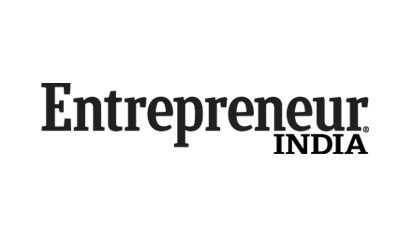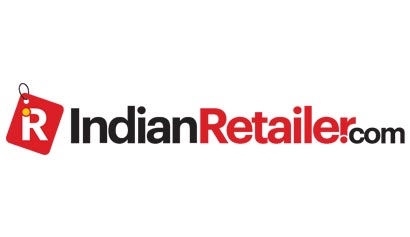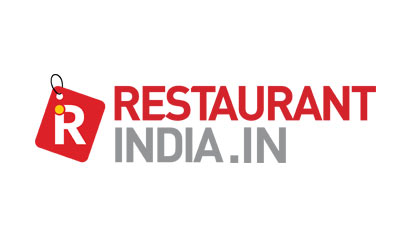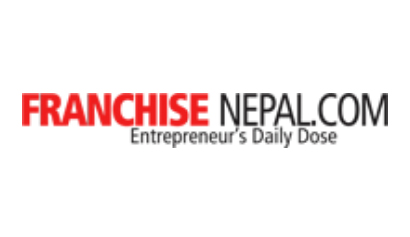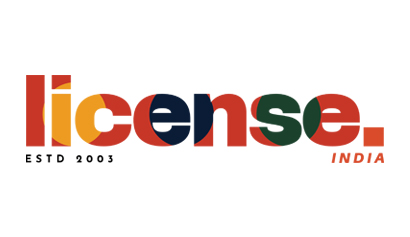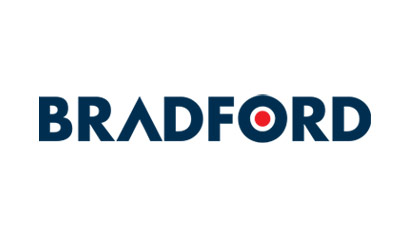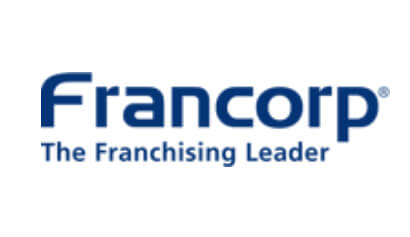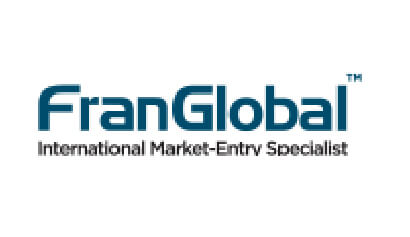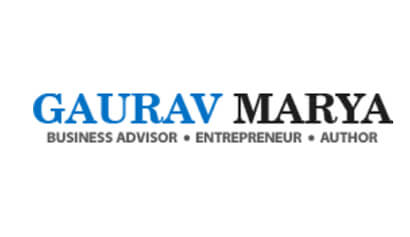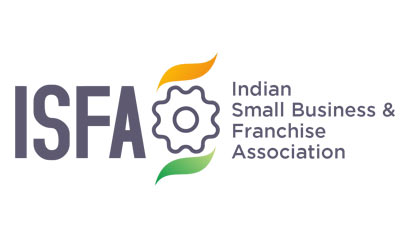To get access to over 10000+ Franchise Business Opportunities.
Network with the growing Business Community to get expert interventions to let you learn to Grow & Expand your Business with Franchising.
According to Indian Brand Equity Foundation (IBEF), the Indian healthcare industry size is expected to touch US$ 160 billion by 2017 and US$ 280 billion by 2020.
Let us dissect the Indian healthcare industry encompassing hospitals, clinics, diagnostic centres, outsourcing, telemedicine, medical tourism, health insurance, medical equipment and examine the wealthy returns emanating from this sector.
Health industry exists in an unorganised and loose structure in India. Though it has moved a step closer towards organised behavior, yet there are a very few viable modes of expansion for these concepts. Franchising, against the other models which involve larger capital and asset involvement, presents an optimised model for growth. Franchising has penetrated into various domains of this industry that have evolved into major business formats. Let us explore these segments.
Phenomenal returns in pharmacy market
India is among top five pharmaceutical emerging markes of the world. There exists a tremendous opportunity in this sector. MedPlus is one of the fastest growing independent pharmacy retail chain in India with a 100% Compounded Annual Growth Rate (CAGR). Headquartered in Hyderabad, the brand serves more than two lakh customers daily with more than 1230 outlets spread across 12 states in the country. The company enjoys a 30% market share in organised retail pharma industry. The retailer presently has a team of 8000+ members across the country. The brand recently forayed in Gujarat. Dr Madhukar Gangadi, Founder and CEO, MedPlus Group says, “The brand expects to spread across the state with more than 500 company-owned and franchise retail outlets in the next two years.”
Other major players include MedPlus Pathlabs, a chain of quality diagnostic centres; RiteCure, a distributor of medical and surgical supplies and medplusmart.com, an online medical store.
Deliberating profits in diagnostics sector
Increasing corporatisation of the healthcare business, thrust on quality standards and the ambitious growth objectives of leading brands in diagnostics sector are boosting up the consolidation phase in the industry at an aggressive pace. According to KPMG Report, diagnostics sector is projected to contribute US$ 3.5 billion by 2015.
Established in 1949, Dr Lal PathLabs is one of the largest and most respected diagnostic service providers in the country. Thyrocare Technologies Limited is another advanced and totally automated laboratory having a strong presence in India and abroad.
Apollo Diagnostics presently has 30 outlets. Out of these 20 are franchisee-run. It is looking forward to adding 1000 + franchise collection centres in the next five years. Apollo Clinic operates a mix of 63 company-owned and 32 franchise clinics. It plans to open over 100 clinics in the next three years across different locations like Maharashtra, West Bengal, Gujarat, Uttar Pradesh, Rajasthan, Bihar, Jharkhand, Orissa, Madhya Pradesh, Assam, Meghalaya, Mizoram and Sikkim.
Elaborating upon the international expansion plan of the brands, Neeraj Garg, Chief Executive Officer, Apollo Health and Lifestyle Limited says, “There are Apollo Clinics in Kuwait and Qatar currently and we are exploring new opportunities in the Gulf and Africa regions. We shall be opening our own Apollo Medical Centre in Dar es Salaam in partnership with the National Social Security Fund of Tanzania.”
Soaring profits in smoking cessation
Various international brands have forayed in India that specialise in making use of non-invasive, painless and quick laser therapies for quitting smoking without involving use of drugs or medicines.I Quit Smoking is an international franchise network present in more than 28 countries. Facilitas, a brand of German origin is focusing on all cities and agglomerations pan India with a population of or more than 10 lakh for expanding its brand's presence. “Even though the customer base is unlimited, we have an expansion plan of only 200 centres and want to have 25 operational centres by the end of this year,” says AjitBrojen Seal, Master Partner & CEO, Facilitas Healthcare, India and Sri Lanka.
Train to gain
Healthcare is a delicate and visceral sector wherein the franchisors ought to ensure that the franchisee has a sound intellect in the concerned department. The team and advisory board of Facilitas Healthcare include exceptional individuals from India, Sri Lanka and Germany in the field of health, medicine, biotechnology, IT and cloud computing, and international business. Apollo has developed detailed manuals outlining each and every aspect of the operations of the clinics and diagnostic centres. It provides rigorous support during all the key processes, including service quality review and clinic operations.
Gateway to wealth
Garg of AHLL puts forth, a study conducted by KSA Technopak states; on an average, 11% of the annual Indian household income is spent on healthcare and this figure is sure to go up. Further, the same study indicates that close to 68% of the healthcare spending is on the day to day healthcare needs alone. Thus, healthcare industry, which is rightly perceived to be recession-proof, is set for an unprecedented growth.
mHealth
MHealth is the provision of healthcare or health-related information through the use of mobile devices (typically mobile phones, but also other specialised medical mobile devices, like wireless monitors). Mobile applications and services can include, among other things, remote patient monitors, video conferencing, online consultations, personal healthcare devices, wireless access to patient records and prescriptions. A broad variety of stakeholders take part in mHealth. They include patients and patient advocacy groups; healthcare professionals; institutions where care is provided (hospitals, clinics and others); payers (government and private); medical device companies; biopharma companies; technology companies (devices, applications, software, infrastructure, data analytics and others); telecommunication services providers; pharmacies and other healthcare-related retail outlets; NGOs; regulators; policymakers; and a series of new entrants that include entrepreneurs and retailers. (Source: pwc.com)


Business Opportunities
Browse By Investment Range
Browse By States
Popular Cities
We value your privacy.
You can unsubscribe anytime




